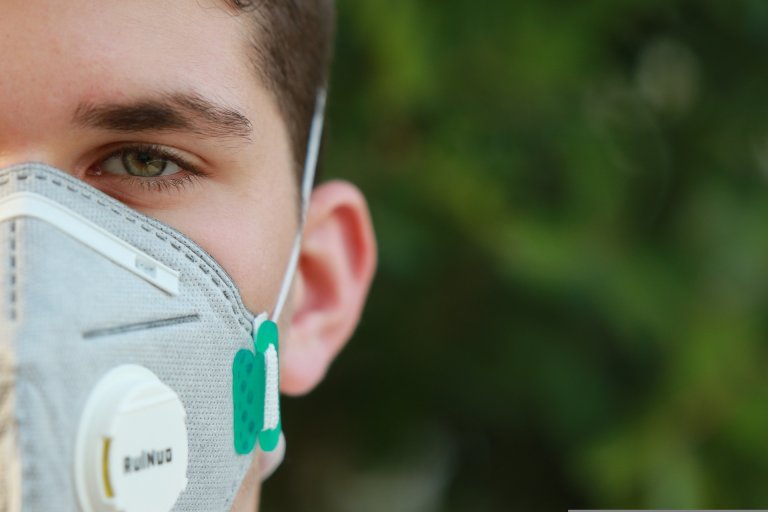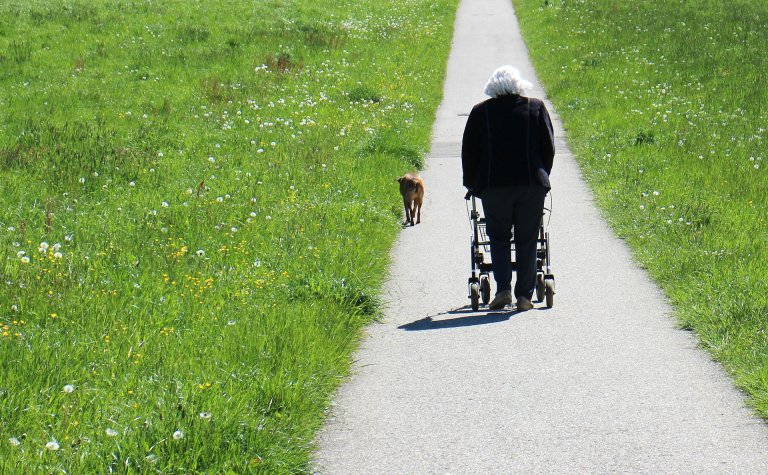Jennifer Farren (MSc, PGDip, MA, BA), who is a Nurse Specialist for Older Adults – Integrated Community Ageing Team, has a history of working in a variety of NHS healthcare settings including community nursing, hospital day treatment clinic, hospital at home, diabetes, and as a community matron. She now works for the Integrated Community Ageing Team within Whittington Health, a multidisciplinary community frailty team composed of nurses, geriatricians, GPs with Special Interests, occupational therapists, physiotherapists and pharmacists in London. She undertakes comprehensive geriatric assessments for patients in their own homes and managing a complex caseload of patients. Her general interests include improving care and access to services for the most vulnerable, equality and diversity, health and wellbeing for patients and staff, ageing well, and using research to guide best practice. She will soon be starting a project management role within NHS England in the Dementia Clinical Network, working to improve care for people living with dementia across London. She is also a member of the NICE committee responsible for updating the guidelines for assessing risk and prevention of falls for older people.
It was a crisp, cold December morning in London and my colleague and I were visiting Ethel, an 85-year-old woman who had been very difficult to contact as she is hearing impaired, has no next of kin and does not own a mobile or landline. Her GP had referred her to our community multidisciplinary frailty specialist team for new falls and decreased mobility, combined with isolation and a complex mental and physical health history.
Ethel came down to collect us after we had knocked and rung the bell for several minutes. She appeared not to be expecting visitors as she struggled to find her key to let us in. Once she had unlocked the door, we followed her up the narrow staircase covered in fraying carpet, noticing as we climbed that our breath was still visible. As I passed the thermostat in her hallway, I noticed it was a mere 10 degrees in her home, only slightly warmer than outside. She guided us into her kitchen, which surprisingly was quite warm. There was no heater but we had heard from other sources that she used her grill for heating. I offered to make her a cup of tea. Initially she accepted but soon changed her mind when I asked her where the kettle was located. We also discovered she had no refrigerator - the milk and other perishables were stored in the hallway - she had never owned one and was not keen to start. We wondered how the milk would fare in the summer months.
Ethel’s social worker had already assessed her and was working hard to improve the safety of her home. She did have full capacity intertwined with a deep mistrust of most people and some longstanding fixed beliefs, and as such had the right to decline things that she was not comfortable with. After our futile attempts to adjust the thermostat, we realised that the heating was in fact not working. We contacted the housing association immediately to have that repaired and this was prioritised. She was quite pleased that her heating was fixed the next day and on future visits her flat was always warm.
Ethel remained on our caseload for an extended period of time. Much of our time during initial visits was spent building trust with her so that we could attempt some basic interventions. Some of the first things she agreed to included a few pieces of equipment, a fire safety check, a key safe and a telecare alarm. This was a major achievement as the social worker had been unable to obtain consent for these things just weeks before, and it meant she was a little safer at home. Over the coming months she agreed to sleep in a riser recliner rather than a wooden kitchen chair, as she had developed pressure ulcers from this routine. There was also a point where it was thought she had cellulitis - it transpired that she had started an old habit of scrubbing her legs with a cloth and very hot water, resulting in what appeared to be cellulitis but was in fact just very red, tender skin. Once she stopped this, her skin improved significantly. She eventually agreed to a package of care and a weekly visit to a day centre.
She had declined many other things; however, on reflection the changes and recommendations that she did accept had changed her life for the better. Problems were identified that would have been missed had we not visited her at home. Early identification of these issues ensured that we prevented further complications and ensured patient-centred care. We exist to improve health outcomes, safety and quality of life, not force unwanted suggestions on people. People like Ethel, who spend so much time in isolation and have no family or friends to check in on them, make me realise how important our involvement can be. For Ethel and many like her, there comes a point when even the most strong and independent person needs some support. It is my hope that all older adults have access to a ‘multidisciplinary care of the older person’ team such as ours and that this service is one day available to all, regardless of postcode.
* Names and some details changed to protect the identity of the patient



